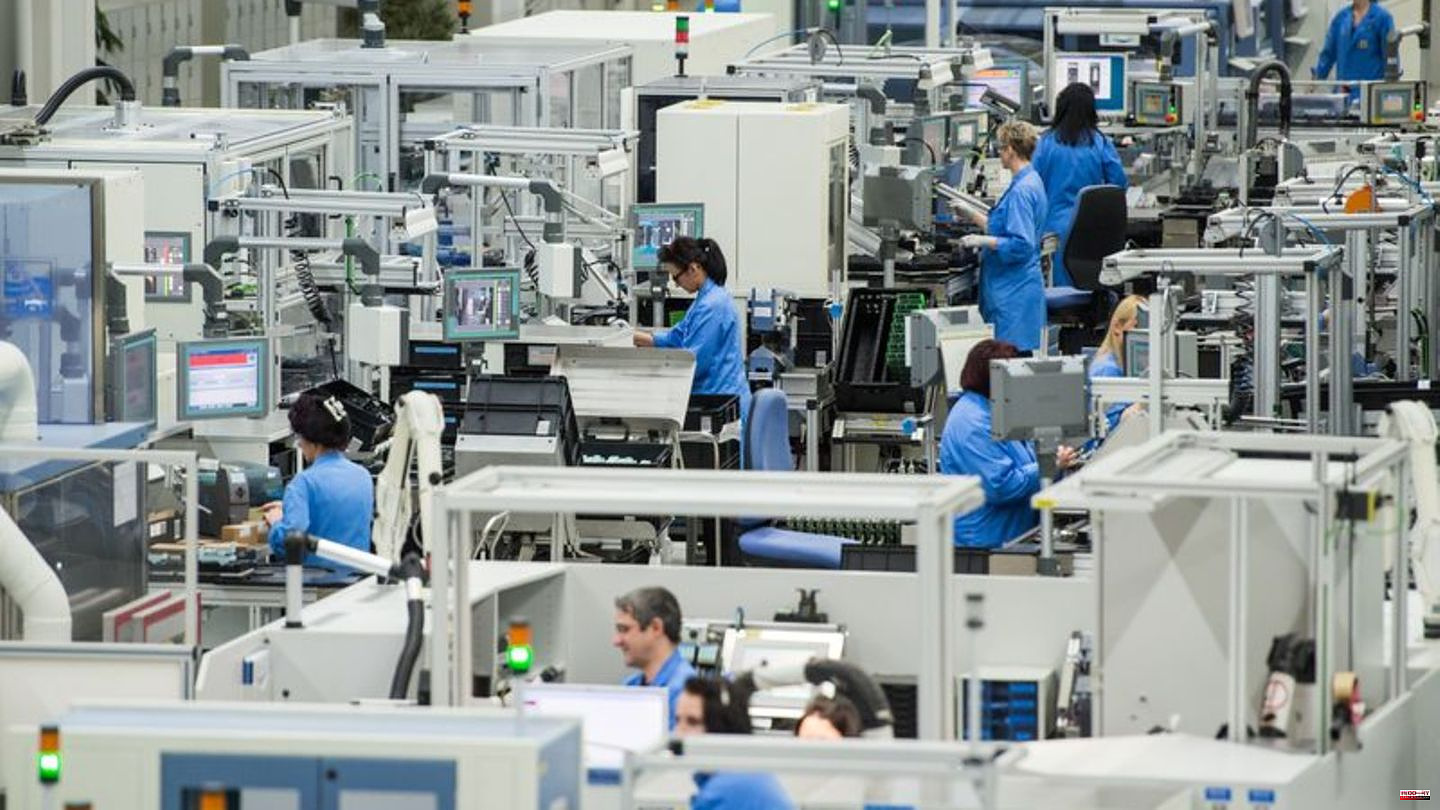German industry received fewer orders in August than in the previous month, albeit after a significantly better result in July. According to the Federal Statistical Office on Thursday, incoming orders in August were 2.4 percent lower than in July. Analysts had expected a more moderate decline of 0.7 percent. However, the development in July was much better than previously known. Instead of a decline of 1.1 percent, the new figures show an increase of 1.9 percent.
In view of the development in July, the recent drop in orders is losing its explosiveness, commented Thomas Gitzel, chief economist at the Lichtenstein-based VP Bank. "And what's more, without taking into account the volatile large orders, an increase in orders of 0.8 percent can be reported in August." In detail, orders for intermediate and capital goods fell, while more consumer goods were ordered.
With regard to the origin of the orders, the August figures were consistently weak. Demand for German goods fell both at home and abroad. The minus of 3.8 percent was particularly clear for countries from the euro zone. 0.4 percent fewer orders came from countries outside the euro zone than in July.
According to the Federal Ministry of Economics, the "other vehicles" and "electrical equipment" with minus 16 percent developed weakly with almost minus 46 percent. Chemical products were also less in demand. The particularly large areas of motor vehicles and mechanical engineering, on the other hand, received more orders. There was also growth in pharmaceutical products and in the area of electronic data processing (EDP).
Against the background of the Ukraine war and the high gas prices, the industrial economy is showing clear signs of slowing down, the Ministry of Economic Affairs commented on the figures. "The subdued outlook for the rest of the year is also reflected in a cooled business climate and cautious export expectations." The industry has long been suffering from bottlenecks in world trade. In addition, there are sometimes drastic price increases for many preliminary products and raw materials.








